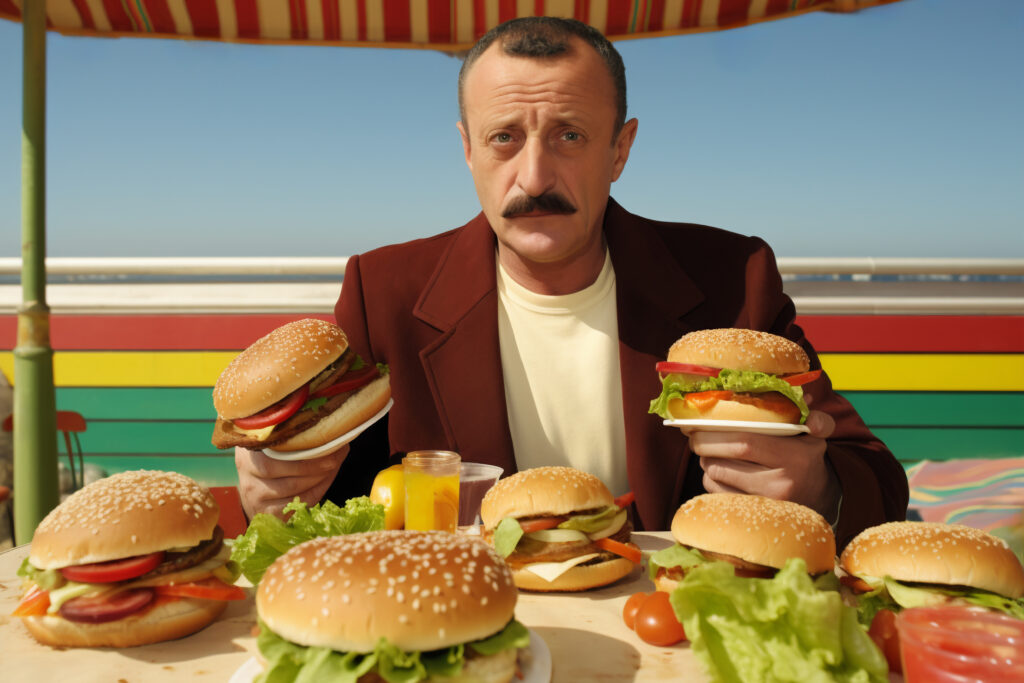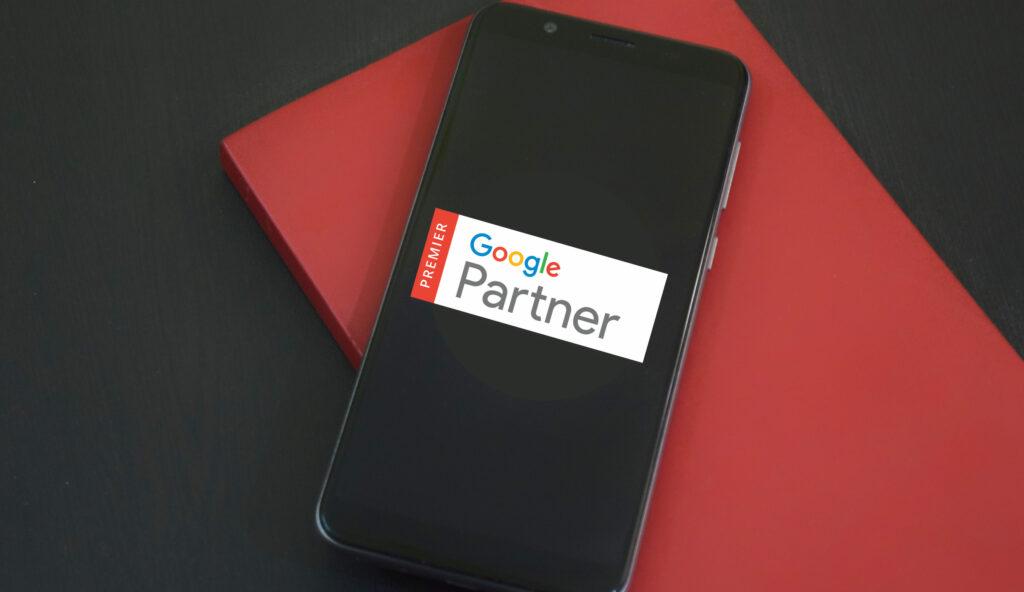Key Takeaways
- Burger King creatively used all digital marketing strategies to rig the burger industry!
- Their Whopper Detour, for example, would offer Whopper for 1 cent in the stores that were near the McDonald’s stores.
- The result was that the world now prefers Burger King over anybody else!
In the rapid world of fast food, competition is tough. However, Burger King has managed to outshine the rest.
How did they do it? They had an unusual and creative marketing strategy.
Burger King’s marketing style is as audacious and adventurous as their flame grilled burgers.
They have employed humour, sarcasm, and digital advertising to distinguish themselves as a brand.
This article will look at the mind-boggling marketing strategies and campaigns that have made Burger King distinct.
We shall look into how they have used SEO, SMM, and PPC services to enhance their online presence.
This analysis of Burger King’s marketing strategy promises to be an interesting read for marketers, business students, or simply junk food lovers.
So let us scrutinize the keys to the growth of Burger King together.
Understanding Burger King’s Market Positioning
The market positioning of Burger King drives its marketing strategy.
It has always aimed at differentiating itself from McDonald’s because it is a direct competitor.
Their strategy revolves around customer engagement and brand differentiation.
By focussing on these aspects, they created a unique place for themselves in the fast-food industry.
The Role of Digital Marketing in Burger King’s Strategy
Digital marketing plays an integral role in Burger Kings’ overall plan. The company successfully used various digital marketing services to boost awareness about its brand among customers.
SEO Services: Improving Online Visibility for Burger King
SEO services helped increase the visibility of Burger King’s website online. Website optimization for search engines facilitated this broadening of viewership by this firm.
Search engine optimization (SEO) services vs. online visibility issues
Regarding the issue of online visibility, SEO practices carried out by Burger King led to significant improvement.
Their websites were optimized and the content was made to be search engine friendly so that more people could find their information.
In addition, this not only increased their brand awareness but also brought more traffic to both their online and physical stores.
Leveraging SMM Services for Brand Engagement
Burger King has effectively used Social Media Marketing (SMM) services to engage with its customers.
Interactive campaigns and engaging content have led to the creation of a strong community around their products.
This has enhanced customer loyalty as well as connected them with the younger audience.
PPC Services: Targeting the Right Audience
Pay-per-click (PPC) services have also been a key part of Burger King’s digital marketing strategy.
They have targeted specific demographics through their ads, resulting in boosting targeted traffic for their promotions.
The outcomes have seen higher conversion rates and increased revenue growth for the firm.
Burger King’s Creative Campaign Highlights
Creativity and innovation are some of the hallmarks of Burger King’s marketing strategies. A number of successful campaigns have been launched by this brand that resonated with its audience, generating considerable attention from all corners of the world.
One such campaign is called “Whopper Detour,” which represents an innovative utilization of geolocation technology as far as marketing is concerned.
Another example would be “Moldy Whopper” where they showed how committed they were to using natural ingredients in their food products.
The Whopper Detour: A Case Study
Whopper Detour was an innovative campaign that exploited the power of geolocation technology.
To customers within 600 feet of a McDonald’s location, Burger King sold Whoppers for just 1 cent each.
This campaign not only created buzz but also led to significant downloads of the Burger King mobile app, showing how potent location-based marketing can be.
The Moldy Whopper: Embracing Transparency
To display its commitment to organic ingredients in its food items, Burger King came up with a strategic promotion called “Moldy Whopper”.
This entailed depicting a time-lapse video of a burger decomposing over 34 days.
By doing this, the company was able to resonate with consumers who appreciate integrity and safety in their meals, thereby consolidating its market position further.
The Subservient Chicken: Viral Marketing Success
Burger King’s “Subservient Chicken” was one of the of the early viral marketing success campaigns.
It involved the creation of a site where users could control a person dressed in chicken clothing as they advertised their new chicken sandwich.
Through this campaign, the brand not only went viral on social media but also showed that they were creative during their digital marketing era.
Burger King’s Social Media Mastery
Social media platforms were the important tools for implementing Burger King’s marketing strategy.
These channels are used by the company for interacting with customers regarding its latest products and communicating its advertising ideas.
Burger King has built an online community through interactive campaigns and creative content sharing.
Consequently, it has managed to increase brand visibility and improve consumer engagement significantly.
Engaging with a Younger Audience through Humour
Humour and satire are prevalent throughout Burger King’s social media messaging.
The strategy works well with young people, who see it as creating common ground between them and the entity.
There is no doubt that humour has helped distinguish Burger King from other competitors while also developing a distinct voice, which is critical to its market positioning.
Influencer Collaborations and User-Generated Content
Besides, the company also collaborates with influencers and celebrities to promote their marketing messages.
This plan enables the brand to go beyond its target audience and build more awareness around it.
Moreover, Burger King embraces consumer-generated content on its various platforms.
By doing this, it not only improves loyalty but also acquires authentic materials that speak directly to customers.
Adapting to Consumer Trends and Innovations
Burger King’s marketing strategy does not remain stagnant.
It changes according to shifts in market dynamics as well as consumer tastes.
The brand keeps up by continuously innovating new marketing tactics that are relevant.
Such adaptability is demonstrated by matters such as health trends, which have affected the brand’s menu offerings.
This has helped it respond to changing customer needs without losing its competitive edge.
Health Trends and the Impossible Whopper
The company introduced a plant-based option called Impossible Whopper because of the increasing demand for vegetarian products.
This product innovation was aimed at targeting those who prefer healthier meals.
The release was accompanied by an elaborate advertising process that emphasized unique selling points while linking with sustainability consciously promoted by the firm.
Technology and Personalized Experiences
Technological integration improves how Burger King interacts with consumers.
With features like mobile applications and geolocation tools, businesses can make their ads personal through digital methods.
For example, their “Whopper Detour” campaign used geolocation technology in service of place-based promotion objectives.
Thereby, this creative use of technology managed to not just attract attention online but also make many feet walk into stores too.
Conclusion
Burger King’s marketing strategy is evidence of the potency behind creative, customer-oriented and adaptive marketing.
It has created its unique character in fast food through innovative campaigns, effective use of digital marketing services, and a clear understanding of consumer trends.
Wildnet Technologies has catered social media marketing services to our 2100+ clients and helped them generate USD 10+ million in revenue and 150+% engagement.
FAQs
FAQ 1. What marketing strategy does Burger King use?
Ans: Burger King used SEO, PPC, and Social media marketing to run their creative campaigns like Whopper Detour, Impossible Whopper, Moldy Whopper and more to generate curiosity and incentives for their users.
This ensured that they beat McDonald’s in the fast-food burger game!
FAQ 2. Does Burger King use traditional marketing?
Ans: No, Burger King did not use traditional marketing; rather, they gave a traditional touch to their new age digital marketing efforts!
FAQ 3. What type of market is Burger King?
Ans: Burger King belongs to a oligopolistic market structure in the fast food industry. This means that they and a few others control the whole fast food burger industry!
FAQ 4. What is the business level strategy of Burger King?
Ans: They use a B2C cost-to-leadership business strategy in which they quote lower prices than their competitors, like Wendy’s and McDonald’s.
FAQ 5. Why is Burger King advertising so much?
Ans: Their digital marketing strategy is based on running creative campaigns, and this will not be possible if the target audience is engaged with all means necessary, i.e., PPC, SMM, and SEO!






